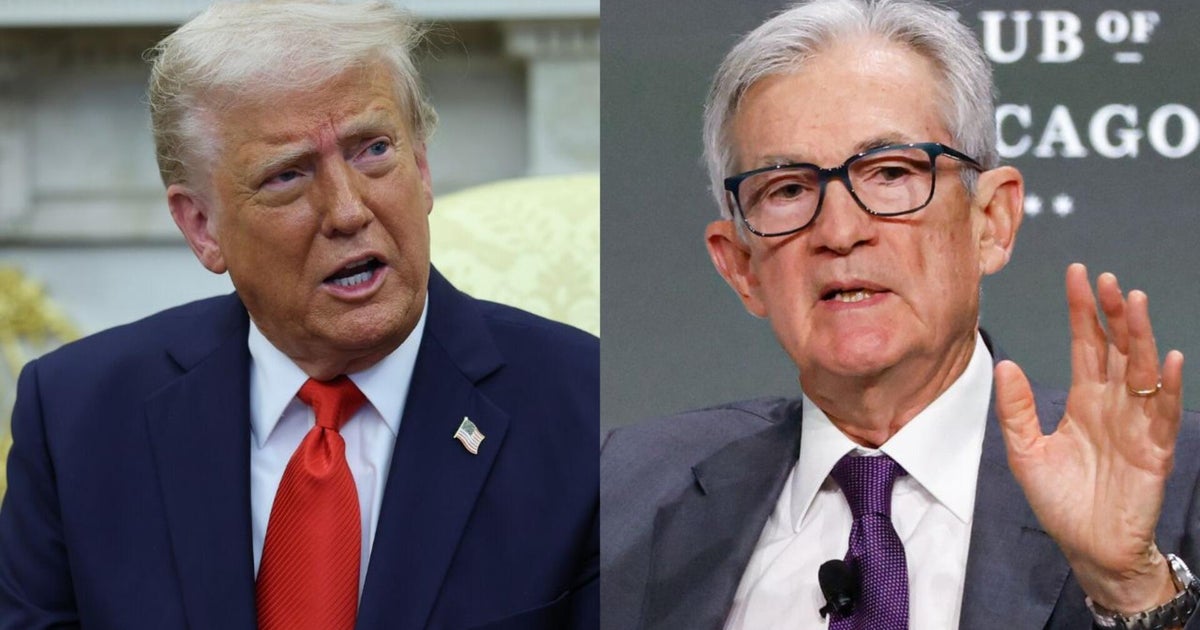Key takeaways:
- President Trump has intensified his criticism of Federal Reserve Chair Jerome Powell, calling for immediate interest rate cuts to reduce borrowing costs, which has led to a decline in U.S. stock markets and a bond sell-off.
- Trump’s dissatisfaction stems from the Federal Reserve’s decision to maintain its benchmark interest rate due to inflationary pressures, despite his belief that lowering rates would boost economic growth.
- This situation reflects broader political discussions about the balance of power, with a recent survey showing partisan divides on presidential authority, and highlights the challenges faced by the Federal Reserve in maintaining its independence under political pressure.
President Donald Trump has intensified his criticism of Federal Reserve Chair Jerome Powell, urging immediate action on interest rates. In a recent social media post, Trump labeled Powell a “major loser” and called for a reduction in interest rates to lower borrowing costs for consumers and businesses. This public critique has contributed to a decline in U.S. stock markets and a sell-off in bonds, reflecting investor concerns over the stability of economic policy.
The president’s dissatisfaction centers on the Federal Reserve’s decision to maintain its benchmark interest rate since the last reduction in December. Trump argues that lowering rates would stimulate economic growth by making borrowing more affordable. However, the Federal Reserve has opted to keep rates steady due to persistent inflationary pressures, which complicate the decision to adjust monetary policy.
This development is part of a broader political landscape where discussions about the balance of power between branches of government are ongoing. A recent survey indicates strong support for the U.S. system of checks and balances, although there is a notable partisan divide. Republicans, in particular, show a tendency to favor increased presidential authority, which aligns with Trump’s assertive stance on influencing Federal Reserve policy.
The president’s recent comments follow an earlier statement on April 17, where he expressed impatience with Powell’s leadership, suggesting that his “termination cannot come fast enough.” This ongoing tension highlights the challenges faced by the Federal Reserve in navigating its independent role while under political pressure from the executive branch.



Be First to Comment